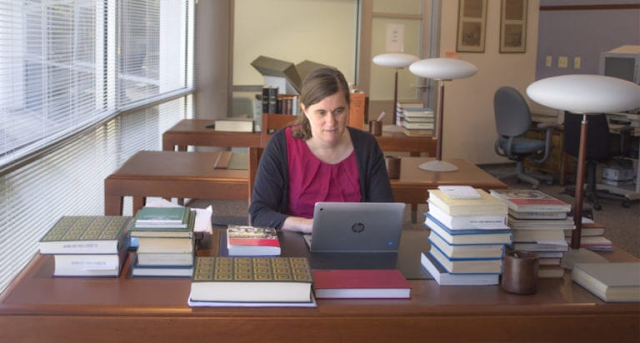Censorship of sexual abuse discussion at Vatican II
Sexual abuse: When will there be repentance about Vatican II?
Agnès Desmazières, historian, delved into the archives of Vatican II and drew up a damning observation: the Church was aware of the seriousness of sexual assault and this clerical violence gave rise, in the context of the preparation of the council, to a significant debate in which around a hundred bishops, including the future Pope Paul VI, participated in May 1962. She reported this affair in an article in Le Monde. The discussions between the bishops focused on the question of the very advisability of dealing with the subject at the council. The desire to present a positive image of the Catholic Church has led to the problem being obscured.
Previously, the Salesian Pontifical Athenaeum called for more severe penalization of sexual violence against minors. The university's proposal, taken up by the Commission for the Discipline of the Clergy, preparatory to Vatican II, then served as a basis for the drafting of a schema, of a legal nature, entitled "Censors and their reservation", intended to be approved during the council. This is how sexual attackers, clergy or religious, would see themselves excommunicated. The plan also provided for the excommunication to be pronounced latae sentiae, that is to say that it would be automatic.
Before being proposed for discussion at the Council, the plan was debated within the central preparatory commission, with a view to determining whether the examination of the document could be included in the Conciliar agenda. The exchanges then reveal differentiated attitudes. The Cardinal of Bordeaux, Paul Richaud (1887-1968), conservative, considers this new sentence “very timely and necessary”. Opponents focused their attacks on the risk of scandal that the announcement of such a decision could cause. The Vicar of Rome thus conjectured that a disclosure of the “abomination” of clerical sexual violence would cause “great dishonor for the clerical order and ecclesiastical celibacy”.
Bishops also expressed their concern to keep control over the sphere of sexual discipline of the clergy. The Patriarch of Antioch saw in the new measure "a means diverted by the Holy See to control consciences", while Cardinal Ritter (1892-1967), of Saint Louis, in the United States, argued in favor of a particular competence of bishops due to their better knowledge of the “particular circumstances of places and people”. For his part, the future Pope Paul VI did not take sides. As for Pope John XXIII, he opened the Council with his famous speech castigating the prophets of doom... The Council no longer wanted to condemn either heresies, nor communism, and consequently, nor sexual abuse. We know the rest.
As for the plans prepared by the Curia, they were evacuated from the start of the Council by the modernist majority. Many bishops considered that, because of its legal nature, the plan should not be dealt with at the council. The question was postponed until the drafting of the new Code of Canon Law, which would not see the light of day until more than twenty years later.










.jpeg)

Comments